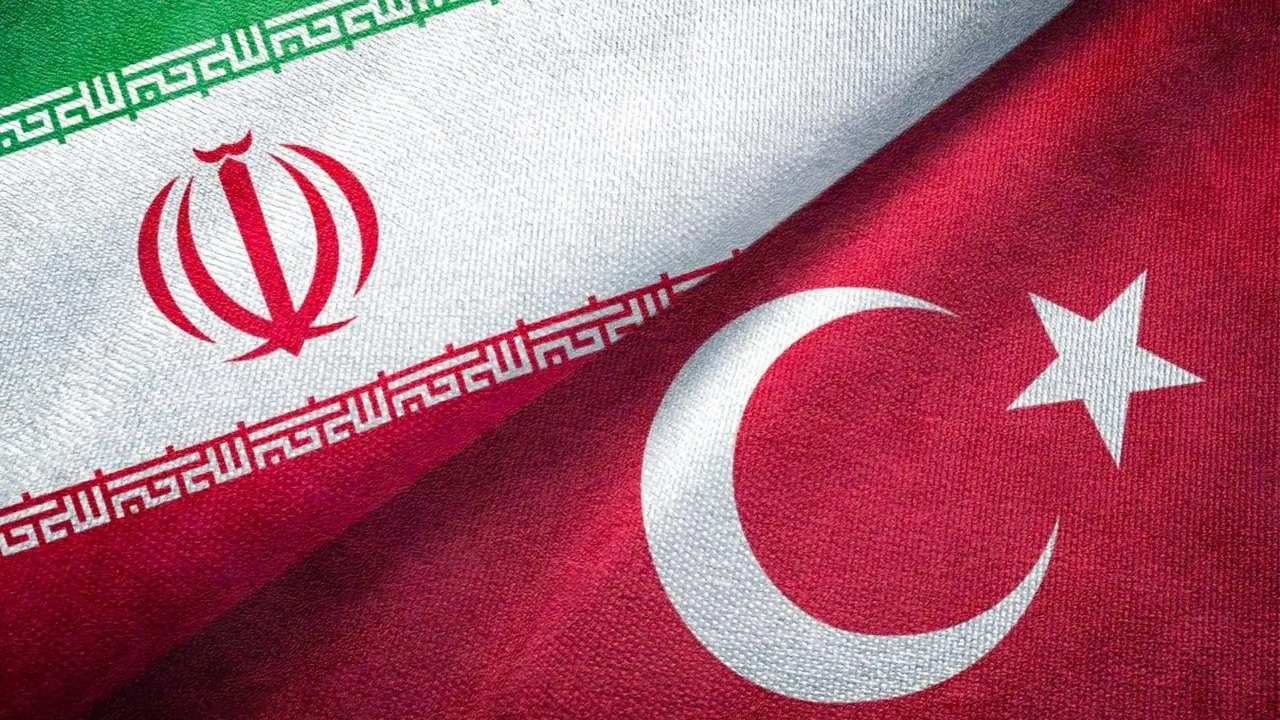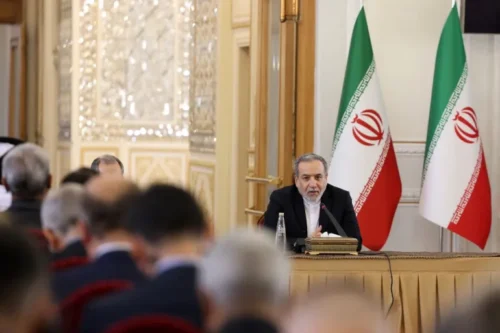
Deutsche Welle: Ankara could capitalize on Tehran’s current vulnerabilities to advance its wider geopolitical aims
The sudden collapse of Bashar Assad’s regime in Syria changed the geopolitical landscape of the Middle East overnight. Iran and Turkey, who for years have maintained a delicate geopolitical balance, are now faced with competing interests in a post-Assad Syria, Deutsche Welle writes.
As noted, despite years of collaboration—particularly on Turkey’s economic support to circumvent international sanctions on Iran—relations between Iran and Turkey appear to be fraying. Days ago, Iran’s Supreme Leader, Ayatollah Ali Khamenei, delivered a veiled critique of Turkey, accusing an unnamed “neighboring country” of conspiring with the US and Israel to topple the Assad regime.
Ahmad Vakhshiteh, a senior lecturer at RUDN University in Moscow, said he believes that recent developments in Syria have shifted the balance of power in Turkey’s favor.
Vakhshiteh told DW that Ankara could capitalize on Tehran’s current vulnerabilities to advance its wider geopolitical aims.
“This includes support for a land corridor connecting the land-locked Azerbaijani exclave Nakhijevan to Azerbaijan. Nakhijevan borders both Turkey and Iran,” the expert noted, adding that Iran has raised concerns that Azerbaijan could use it to block Iran’s access to Armenia.
He also highlighted Russia’s lack of motivation to intervene in Syria and in Nagorno-Karabakh, which has allowed Iran’s regional rivals, including Turkey, to gain the upper hand.
“The notion that Turkey has expanded its influence in Syria with Russia’s approval is somewhat exaggerated,” Vakhshiteh said.


